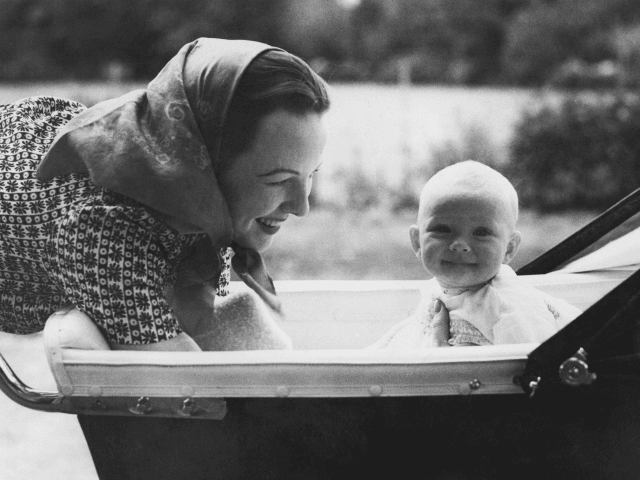A television advertisement featuring a mother caring for her baby while men are being adventurous was taken off air after new rules came into force banning portrayals of “harmful gender stereotypes” in commercials.
One of the first two ads to be affected by the ban brought into effect in June was for the electric Volkswagen eGolf car.
The ad shows a man and sleeping woman in a tent on a cliff, followed by three male astronauts working in a craft in space, then a male para-athlete, ending with a woman sitting on a bench reading with her baby sleeping in a pram next to her, the final clip implying that the VW is so quiet it fails to disturb a sleeping child or a woman reading as it drove by.
Three people complained about the commercial, with the Advertising Standards Authority (ASA) banning the ad on grounds that it showed the men being daring and adventurous whilst the women were “passive or engaged in a stereotypical care-giving role”.
The ASA said: “By juxtaposing images of men in extraordinary environments and carrying out adventurous activities with women who appeared passive or engaged in a stereotypical care-giving role, we considered that the ad directly contrasted stereotypical male and female roles and characteristics in a manner that gave the impression that they were exclusively associated with one gender.
“We concluded that the ad presented gender stereotypes in a way that was likely to cause harm and therefore breached the Code.”
Jess Tye, investigations manager at the ASA, told the BBC on Wednesday that gender stereotypes in commercials could cause “real-world harms”, specifically where “male and female stereotypes” were contrasted, saying: “It’s about thinking about what the cumulative effect of those gender stereotypes might be.”
Meanwhile, an ad for soft-cheese spread Philadelphia pulled in a whopping 128 complaints because it portrayed two hapless dads leave their babies on a conveyer belt as they became distracted by food.
The ASA ruled that the light-hearted, humorous ad for the Mondelez product had portrayed men as “somewhat hapless and inattentive, which resulted in them being unable to care for the children effectively” and “relied on the stereotype that men were unable to care for children as well as women, and implied that the fathers had failed to look after the children properly because of their gender”.
The ban on gender stereotyping in ads came into effect two months ago because the ASA claimed that fictitious, 30-second ads that portrayed men and women very much as how they exist in the real world could be “limiting people’s potential”.
However, an ad for bottled water showing a female ballerina, a male rower, and a male drummer was spared in the cull of portraying cultural norms despite a shocking five complaints.

COMMENTS
Please let us know if you're having issues with commenting.